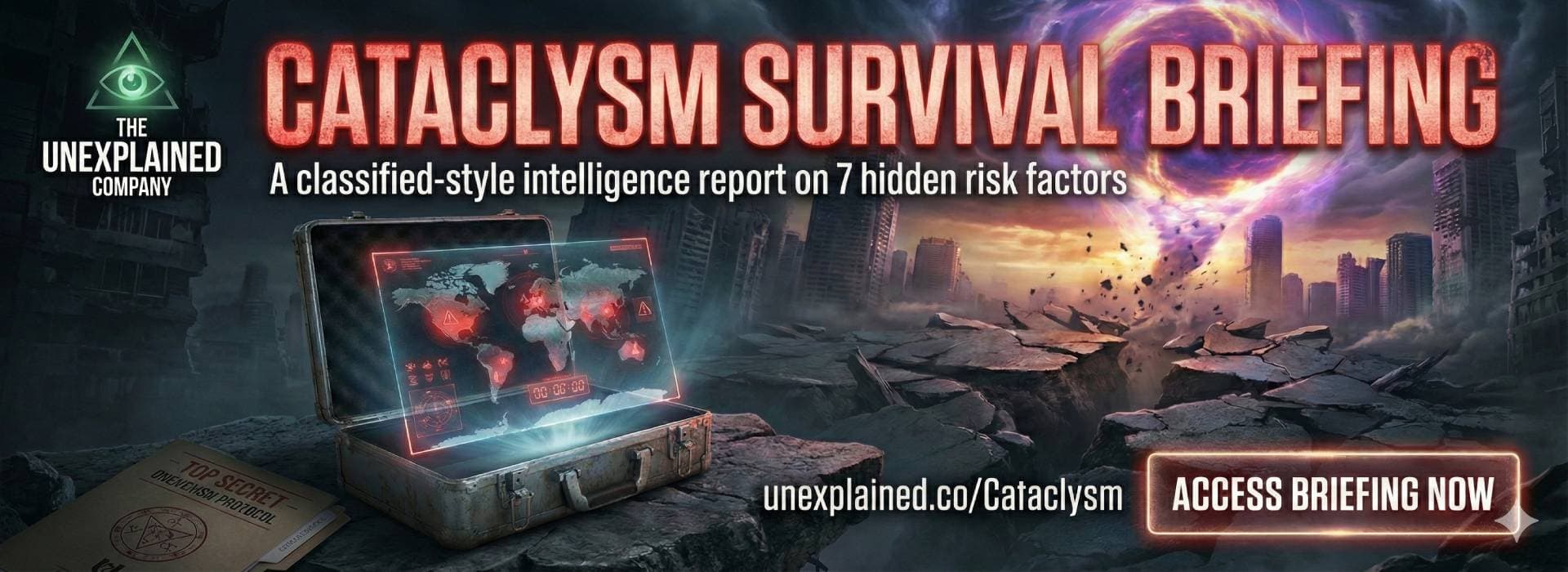When truth slips through cracks, psyops patch them—often with suitable agitprop. From wartime atrocities to government ambiguity over UFOs, emotionally charged narratives are as old as modern conflict. What if the biggest secret about psyops isn’t the black-budget tech but the repetitive patterns used to shape perception?
Atrocity Propaganda: Dead Babies and the Emotional High Ground
The archetypal “dead babies” narrative has haunted war propaganda for generations. A close reading by The Business Standard shows that both world wars deployed fabricated or exaggerated stories about children to vilify enemies and justify violence. The infamous “beheaded babies” claims, often later debunked, still appear in present-day conflicts and headlines—demonstrating how sticky atrocity narratives can be. Even in Vietnam, the “And babies” poster immortalized US-perpetrated atrocities, fueling antiwar outrage through viral “propaganda art.” Reddit historians remind us that such narratives often mix rumour, unreliable sourcing, and targeted agendas rather than pure fact.
False allegations, alongside historical cases like the My Lai massacre, show that atrocity propaganda can shift global opinion rapidly. On social platforms, this emotional manipulation continues, influencing audiences in real-time. Analytical projects like psyop conspiracy debunking efforts illustrate the cycle—weaponizing empathy and outrage for strategic gain.
UFO Disclosures and the Perpetual Fog of Government Psyops
Unidentified Aerial Phenomena (UAPs), or UFOs, have been tied to American psyops since at least the postwar era. The 2025 documentary “The Age of Disclosure,” previewed by Variety, collects testimony from dozens of intelligence officials alleging an eighty-year pattern of government secrecy, cover-ups, and deliberate narrative shaping. Dazed Digital highlights how UFO lore oscillates between strategic distraction and genuine policy issues: congressional hearings, disclosure advocacy, and social media spectacle stoke uncertainty and signal new defense priorities. It’s a foggy picture—by design, according to analysts from recent pieces on the culture of crash retrieval and counter-narratives.
The playbook isn’t new. From the infamous “Roswell incident” to today’s hearings, the government’s “drip-feed” method keeps the public curious and off-balance. Official doctrine reveals a simple premise: control the story, control the outcome. As social dynamics shift, so do the signals. See recent analyses of secret intelligence methods and the ongoing uncertainty in both military and civilian realms.
Pattern Recognition: Decoding the Core Tactics of Modern Psychological Warfare
The blueprint behind psyops remains consistent. As outlined in a 2023 review by The Defence Horizon Journal, modern tactics evolved from leaflet drops to algorithm-driven social media campaigns. The playbook hasn’t changed: isolate targets, flood the zone with emotional or confusing signals, and present a distorted “solution.” Both authoritarian regimes and democracies employ these cognitive strategies, targeting enemy and domestic populations. Cutting-edge research on non-kinetic warfare uncovers familiar patterns: create confusion, erode trust, and manufacture polarization.
This repetition isn’t accidental. Noise, narrative saturation, and outrage-cycle engineering remain core tactics for shaping belief and reinforcing or destabilizing public consensus. Detailed in modern hybrid warfare exposés and echoed in assessments of emerging strategic crises, these tactics are digital descendants of pamphlets and rumour-mongering from a century ago.
Conspiracies, Counter-Narratives, and Why This Still Matters
Repeated cycles of manipulative storytelling breed cynicism, which becomes a weapon. Conspiracy theories sustain the very ecosystem in which psyops thrive. As debunkers and fact-checkers race to stay ahead, recycled tropes resurface, embedded within new tech or hashtags. For civilians, recognizing this pattern—what one analyst described as “intellectual self-defense”—is critical. Ultimately, psyops derive power not from novelty but from repetition and emotional resonance.
Analysts and historians agree: learning history counters manipulation. Sites like Unexplained.co continue chronicling these cycles, while special investigations explore everything from psychic espionage sagas to AI-driven existential risks and disaster scare narratives. If you recognize the same manipulation pattern repeatedly—it’s by design.





